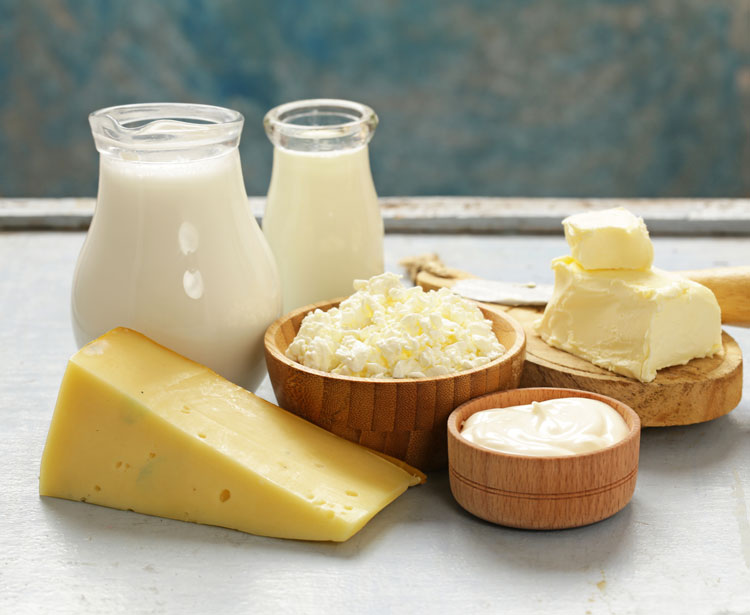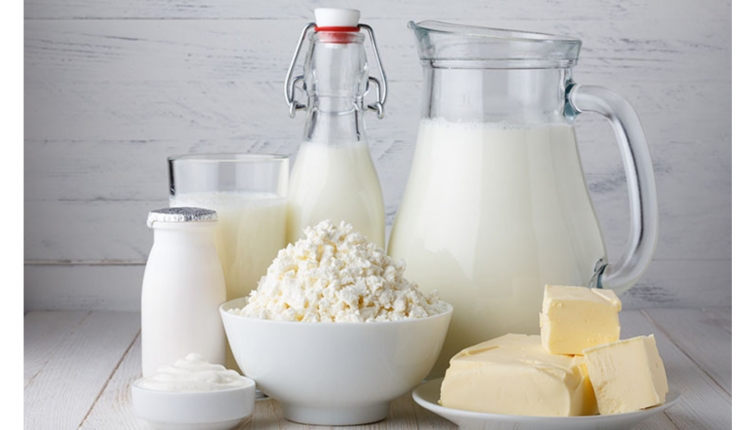
A new year is right around the corner, which means it is resolution season. Many consumers will be thinking about new health and fitness goals and looking for information on how they can meet them. Unfortunately, some of what they’ll find about dairy’s role in a healthy, balanced diet will be pretty far from accurate. It’s up to all of us in the dairy industry to make consumer focus on wellness into an opportunity and ensure that science-based, correct information about dairy and human health is easily available to them.
Activist groups who are completely opposed to all forms of animal agriculture are attacking the nutritional value of dairy as another method of trying to convince consumers to go vegan, and they are some pretty loud voices online. As one example, the Physicians Committee for Responsible Medicine (PCRM) has an ongoing campaign trying to tie dairy to cancer with tag lines like “World Series fans can hit a home run in the fight against prostate cancer by striking dairy from their diets.”
Don’t let the name fool you – PCRM is just an off-shoot of PETA and very few of its members are actually doctors (less than 7 percent). Activist-driven Netflix documentaries like “What the Health?” and “The Game Changers” are also loaded with misinformation, including claims that milk is “full of pus.”
We need to reassure our consumers that these types of claims are not true and that they can be confident in continuing to eat and drink the milk, yogurt, cheese, and more that they enjoy. You can help by sharing positive content on social media, offering to give a presentation to a local community group, or teaming up with a dietitian to offer a farm tour to healthcare professionals. The Alliance has resources available to use at www.AnimalAgAlliance.org/Issues/Nutrition, as do checkoff groups like Midwest Dairy.
Here are a few good facts to share:
- Dairy is a nutrient-rich option, packed with nine essential nutrients. It's also an excellent source of protein. Studies show that three daily servings of low-fat or fat-free dairy foods improve overall diet quality and reduce the risk of various chronic diseases.
- Studies indicate dairy foods may contribute to lower blood pressure and reduce the risk for cardiovascular disease and Type 2 Diabetes. More specifically, research shows the low-fat Dietary Approaches to Stop Hypertension (DASH) eating plan—which emphasizes dairy, fruit, vegetables, and whole grains and is supported by the Dietary Guidelines for Americans—may help manage blood pressure.
- Bones are more than the framework that make up our bodies; they also protect organs and support muscles and tissue. Bones can better perform these functions when they are strong. Dairy products like milk, cheese, and yogurt provide nutrients to help build strong bones and healthy bodies.
Let’s all raise a glass to the dairy industry and raise our voices on dairy’s role in a healthy diet this resolution season.

The author is communications director for Animal Agriculture Alliance.








